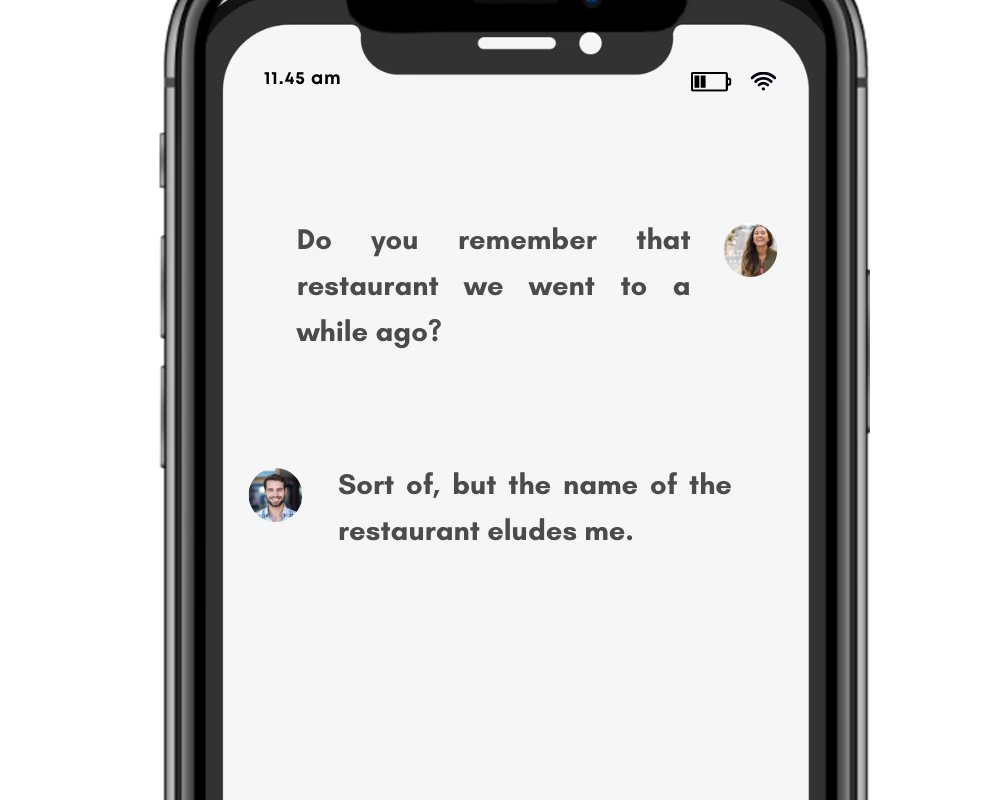
Elude vs. allude
For today’s lesson, let’s look at a commonly confused pair of homophones: elude and allude. What’s the difference between these words, and what’s their correct use in writing?
How to use allude vs. elude
To elude is a verb that means to “evade or escape from (danger or an enemy), typically in a skillful or cunning way: he managed to elude his pursuers by escaping into an alley.
Elude is similar in meaning to avoid, escape from, or evade.
Allude, also a verb, which means to ‘make an indirect reference: comments alluding to an earlier discussion.’ In this way, when usually allude towards something, it’s similar to insinuate, hint at, or imply.
He thought he would elude the police for weeks.
Her comments allude to a preference for earlier forms of art.
The history of allude and elude
When in doubt, look to the language of origin. While elude and allude are both verbs, this is not all they have in common: both derive from the Latin root word, ludere, meaning “to play”. The prefix for elude is ex– “out, away”. When attached to the root word (ludere), we get out + play, which is close in meaning to elude.
The prefix for allude, ad– “to, toward”, when paired with the root word ludere means “to play” + “toward, to”. In other words, to play towards something, i.e., hint at or suggest. Both words describe a playful avoidance or evasion of a kind, but in a different manner.
“Allude” / “elude” usage
| Word choice: elude/allude | Example sentences |
|---|---|
| elude |
The clever criminal managed to elude the police by using a network of hidden tunnels. Despite hours of searching, the answer to the riddle continued to elude them. The butterfly’s delicate beauty seemed to elude capture as it flitted from flower to flower. |
| allude |
She subtly alluded to her upcoming surprise without giving away any details. The author’s clever wordplay in the novel allowed her to allude to historical events without explicitly mentioning them. His comment seemed to allude to a secret that only a few people were aware of. |
Quotes from literature and the media
So infinitesimally small as to elude our observation.
He thus adroitly eludes an argument which.
It was..agreed, that, to elude the bad omen, the new King should assume the name of Robert.
The something..that evolves thought and reason—like an ignis fatuus, elude the grasp of science.
This bachelor friend always spoke of his trip to Europe and seemed to allude that a person who had never been out of the United States was simple-minded.
Perhaps those words alluded to the remoteness of the country from whence this unguent was brought.
He often alluded to his poverty.
I don't want customers alluded to as ‘tricks’, ‘johns’, or ‘suckers’.
He did not wish to elude the enemy with insults.
Synonyms, nearby words & word forms
Synonyms for allude
Synonyms for elude
Etymology
1530s, “delude, make a fool of,” from Latin eludere “finish play, win at play; escape from or parry (a blow), make a fool of, mock, frustrate; win from at play,” from ...ex “out, away” (see ex-) + ludere “to play”.
1530s, “to mock” (transitive, now obsolete), from French alluder or directly from Latin alludere “to play, make fun of, joke, jest,” … “to” (see ad-) + ludere “to play” (see ludicrous). The meaning “make an indirect reference, point in passing” is from 1530s.
Practice: Elude or allude?
The suspect tried to ______ the police.
In her speech, she will ______ to her childhood struggles.
The answer continues to ______ me.
He likes to ______ to famous movies in his jokes.
The mouse managed to ______ the cat by hiding.
FAQs
What does ‘allude’ mean?
+
What does ‘elude’ mean?
+
What is the difference?
+
When is ‘allude’ used incorrectly?
+
When is ‘elude’ used incorrectly?
+
Advertisement








.webp&w=3840&q=75&dpl=dpl_13tcGbrn5BXPQFsQmuQWqib9Y3DN)